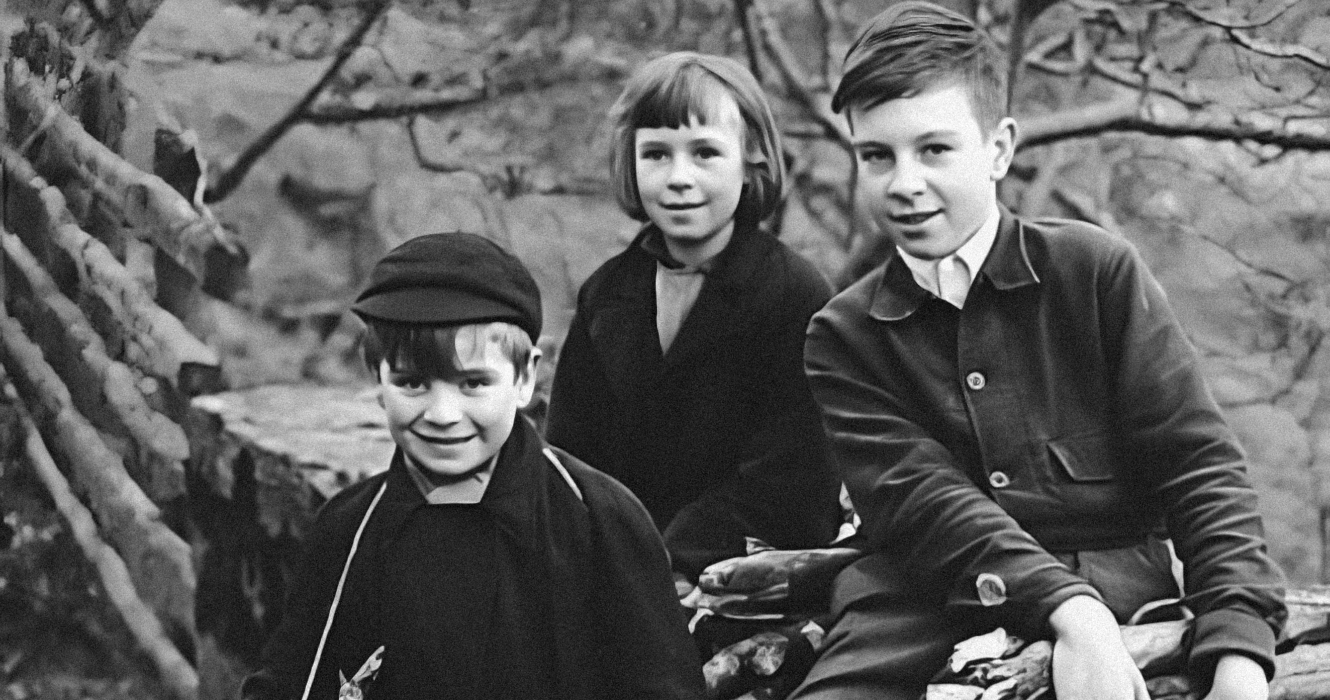“We are always dealing with our theories of what is happening, never something more ‘pure’. ‘Observed behaviour’ is shorthand for ‘our theories of observed behaviour’. All observation is theory-laden. Sometimes theories’ apparent failures in empirical tests are no such thing—we just made a mistake. Science does not have any special status.”
– Sarah Fitz-Claridge
From the archives: The original post was posted on 12th October, 1995
I had said:
“Popper’s idea about falsifiability only applies to scientific theories, not to theories which, by virtue of their philosophical (metaphysical) nature, are not testable.”
A poster wrote:
“Well, I guess I’m not interested in metaphysical arguments that aren’t testable, because whether they are true or false is of no consequence (the state of one’s soul notwithstanding, if they were of consequence, then they would be testable).”
Are you saying that all theories that are not empirically testable are worthless?! Why? What is it about the one form of intersubjective criticism that you find so appealing that all others are deemed “of no consequence”?
I had said:
“Educational theory, which is what we are talking about here, is philosophy, not science,”
A poster wrote:
“It’s only philosophy until we understand it well enough to make a science of it.”
Why the contempt for philosophy?
I had written:
“and if the theory that coercion diminishes creativity were empirically testable, it would not be educational theory.”
The poster replied:
“It would still be educational theory, except now it would have a scientific basis.”
You make it sound as though science has authority! Just remember that scientific theories are shot through with values and standards of all kinds. You seem to be according it special status for some reason. I see no reason for that.
It is a grave mistake to try to apply the criterion of empirical falsifiability where it is clearly inappropriate, as in this case. What would you like the theory that coercion diminishes creativity to be instead?
“(Neal Postman goes on to talk about how what social scientists do is engage in moral philosophy, and that this is a worthwhile activity for them, and worth our paying attention to, once we recognize it for what it is.)”
Gosh, well if he said that, we do agree on something!!
I had said:
“Psychology a science? What a joke. The only bits of pychology that could possibly be considered scientific are the boring bits.”
The poster replied:
“Again, you and I have different tastes. The testable science—neurophysiology, psychophysics, psycholinguistics, and cognitive science are what I regard as interesting, and the huffery-puffery are ‘the boring bits’.”
What do you mean by “cognitive science”. The cognitive psychology that was part of my degree was not remotely testable. I don’t know what you mean by huffery-puffery either.
I had said:
“There is no point demanding testability of an educational theory.”
The poster wrote:
“There’s no point in spending time on an educational theory that isn’t testable! Particularly not one that really is testable, and seems to flunk a few tests.”
Amazing! Perhaps you’d care to elaborate.
I had written:
“What one can do with philosophical theories, is refute them by argument. Empirical testing is just one of a number of types of intersubjective criticism, and the vast majority of all criticism is by argument, even in science.”
The poster replied:
“Nahh, you can only refute them because you think they taste funny or smell bad, or because the diagrams used to explain them have a lousy color scheme. This is a humorous/metaphorical way of saying that it’s really a matter of taste. Either a theory looks like a big ugly kludge, or it looks good, or at least close enough to good that a little polishing will fix it. What makes it look good?”
But that is the same as in science! In science, theories are refuted because they fail to meet certain criteria. Those criteria not least include values. We reject a theory because “it does not seem to taste good”, because it does not fit in with our wider explanatory framework, and less often, because we have a theory that the theory has failed our empirical tests.
“The consequences that it leads to, its ability to fit with observed behavior,”
We are always dealing with our theories of what is happening, never something more “pure”. “Observed behaviour” is shorthand for “our theories of observed behaviour”. All observation is theory-laden. Sometimes theories’ apparent failures in empirical tests are no such thing—we just made a mistake. Science does not have any special status.
“your taste in how theories should look (I like mine slim and elegant, with no innocent victims).”
So do I, which is why I like this one. It is part of David Deutsch’s deep theory embodying everything from evolution to quantum theory. That’s pretty damn elegant and simple, I’d say.
“Oh, I suppose there’s a moral dimension (though moral arguments ultimately hinge on a question of taste, as well), and an educational theory might hold some interest in that context (this is what I meant by “the state of your soul”, and “no innocent victims” in earlier paragraphs).”
Not sure what you mean here. But there is always a moral dimension, even in scientific theories. So what?
See also:
- Taking Children Seriously and fallibilism
- I know what’s good for you
- Karl Popper on the growth of knowledge
Sarah Fitz-Claridge, 1995, ‘Trying to turn philosophy into science is a mistake’, https://takingchildrenseriously.com/trying-to-turn-philosophy-into-science-is-a-mistake/
